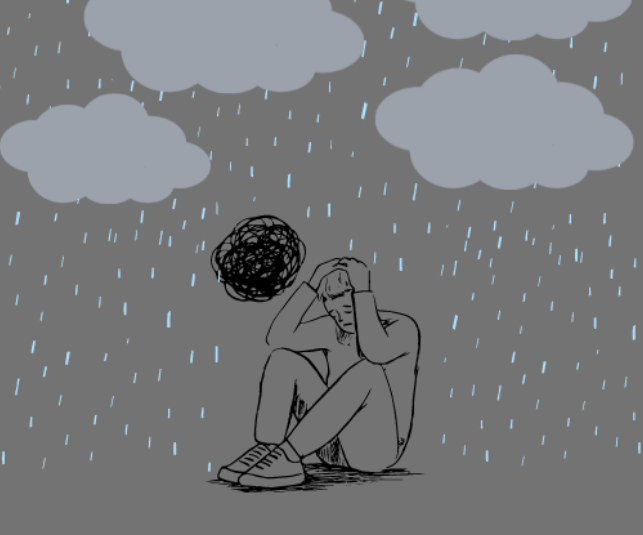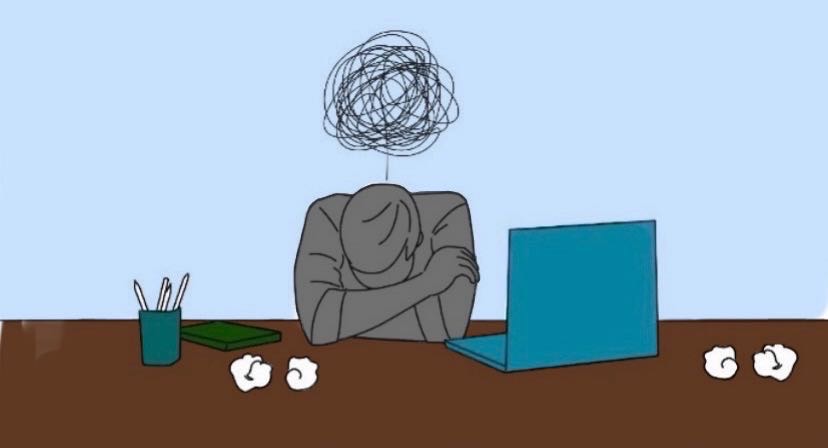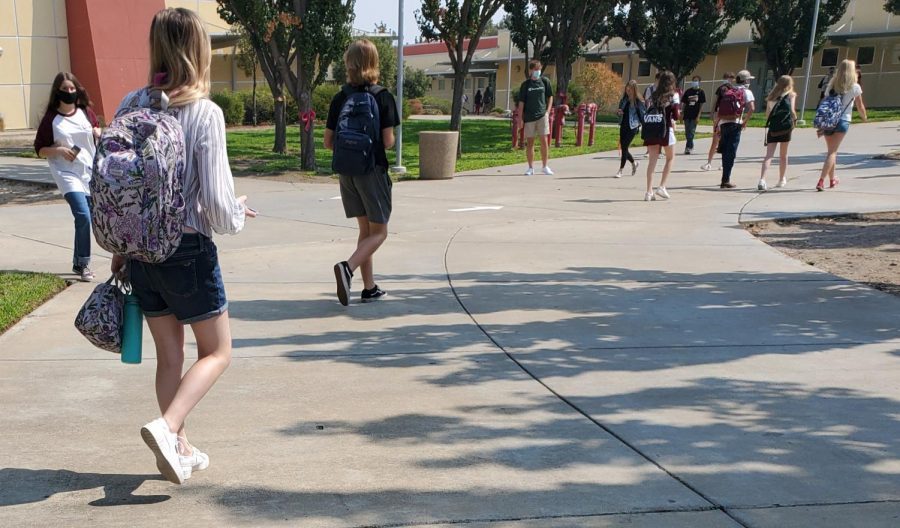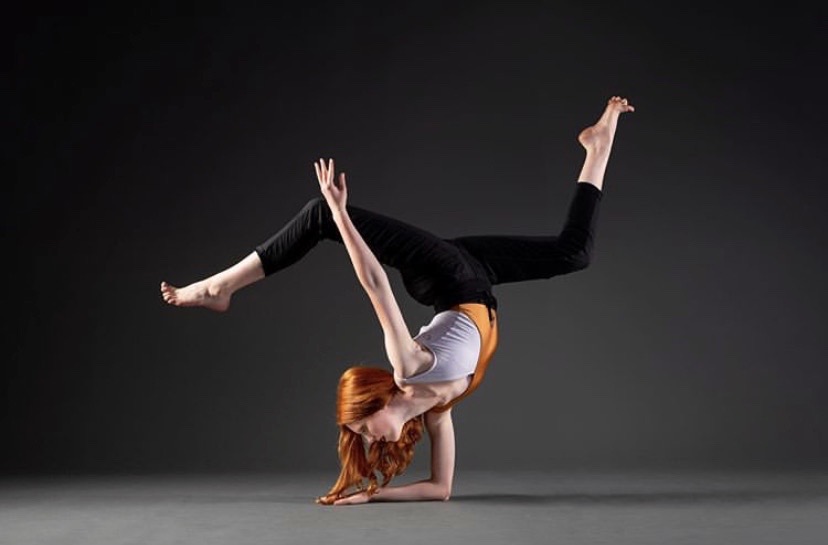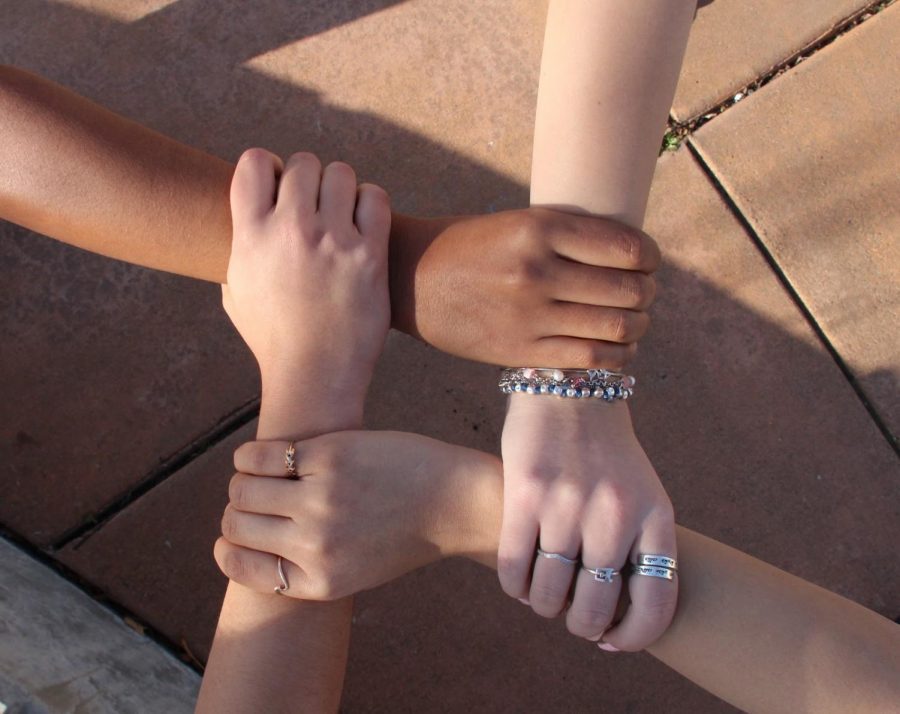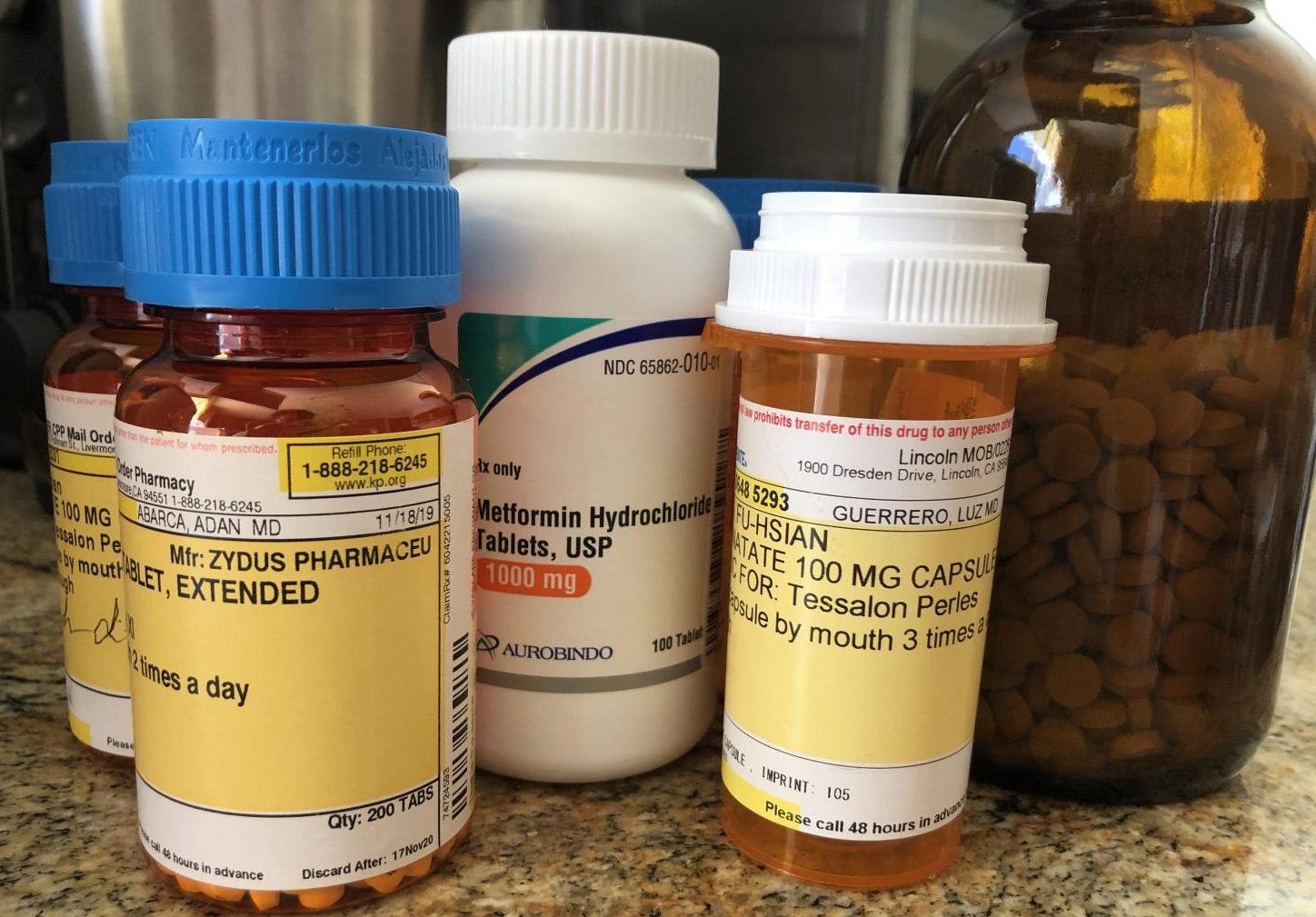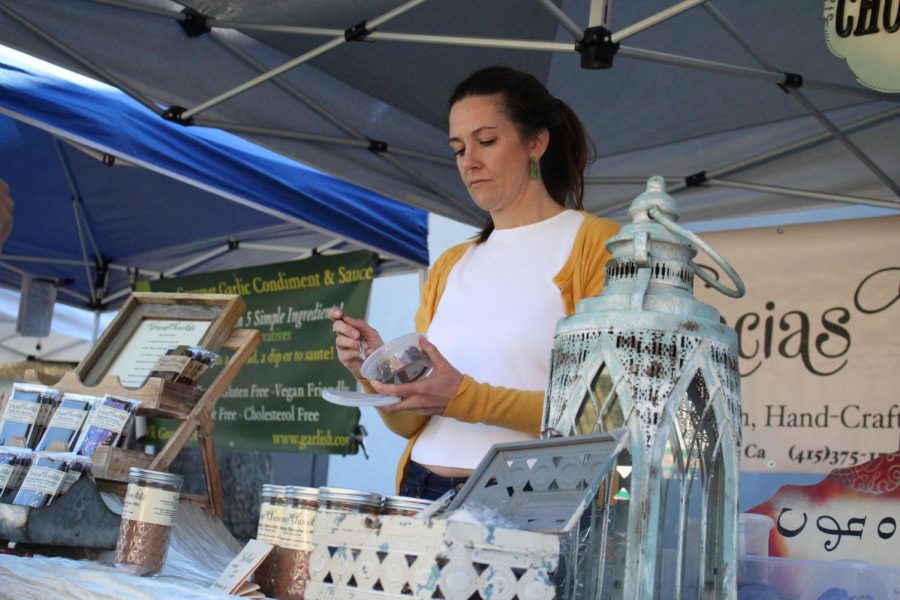As winter continues, each day gets shorter and the nights get colder. The wind gets worse and the skies get grayer by the day. The world becomes drab, and days begin to blend; it isn’t Monday anymore like you thought it was. You feel sluggish and lethargic. Yet, these complicated feelings aren’t isolated — they’re related to a nationwide epidemic better known as seasonal depression.
The hypothalamus, which is a deep structure in the brain, is in charge of balancing the nervous system and hormones. An imbalance of hormones leads to mood swings and eventually mental health issues. Importantly, the hypothalamus is affected by how much light it sees; when seasons change, the decrease of sunlight causes the serotonin levels in the brain to be low, affecting happiness. The 24-hour sleep-wake cycle gets thrown off and the hypothalamus releases more melatonin which causes sleeplessness.
“That’s why they [say] you shouldn’t be on your cell phone late at night because your brain doesn’t start releasing melatonin,” AP Psychology teacher Mr. Shawn Robin said.
Without enough sleep to combat the amount of melatonin being released, and a low amount of serotonin, seasonal depression can occur.
Teachers like Robin make an effort to notice students who are struggling. After reaching out, the school therapists get notified and can reference outside psychologists for further evaluation and help. That way, students can express their emotions, see the circumstances with more clarity and find solutions.
“A lot of people don’t actually seek help when they have depression, which is a big issue. If it affects people to a [certain] degree, [teachers] should notice, but since not everybody seeks help, you might not be aware of it,” Robin said.
Five percent of the U.S. population experiences seasonal depression, with symptoms such as amotivation, loss of interest in activities, low energy, sleep problems, increased cravings for food, and suicidal thoughts. Three million new cases appear each year, however, these symptoms are commonly disregarded as laziness or “winter blues”.
Even so, to Elijah Lua, seasonal affective disorder is very real.
“For me, seasonal depression really just affected my relationships with people. I was self-isolating a lot and I wasn’t able to focus on my schoolwork as much as I probably should have,” Lua said. “Some adults in my own life didn’t really understand what I [was] going through.”
For winter athletes, focusing on playing their sport while taking care of their mental health is a critical task in order to play well during the season. Women’s varsity soccer player Camila Irizarry explained the experience of being a winter athlete and the effects of seasonal depression.
“I feel like as young athletes, we’re so downplayed with the pressure that we get. Emotions start to hit during a game and can impact [my] overall performance because something just doesn’t feel right,” Irizarry said. “I think there should be more attention towards [putting] our mental health as a priority.”
One way to cope with winter depression, however, is light therapy. Light therapy is an alternative method to restore the body’s lack of sunlight by sitting in a bright box that emits light at the level of an outdoor sense of light. Psychotherapy has also been shown to assist those with seasonal affective disorder. Cognitive behavioral therapy is a type of psychotherapy, where students learn to test and assess harmful thoughts and actions, to improve their depressive feelings.
Although these techniques might help with symptoms of S.A.D., they won’t work for everyone. It is important to seek professional help when dealing with severe mental issues like seasonal depression. Untreated cases lead to a higher suicide rate and a lower quality of life.
Robin said, “Whether it’s seasonal or any other type of depression, it’s good to talk about it. You know, that’s the first step in accepting that piece. And then just finding help — there are tons of facets and ways you can get help, but I think addressing it and getting help is key.”
by AMELIA CHU & KIERA GREGORY

